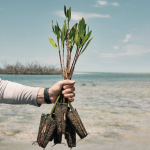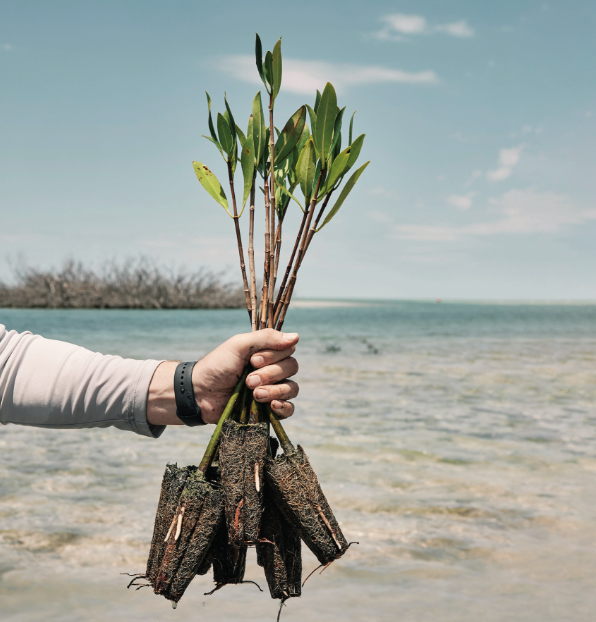The Mangrove Cricket Club Secures A-Grade Grand Final Spot
The Mangrove Cricket Club has secured a spot in the A-grade grand final of the Broome Cricket Association competition. They secured their place after defeating Roebuck Bay in the A-grade semifinal with a score of 3-169 to Roebuck Bay s 9-154. Although Roebuck Bay bowlers took nine wickets, it wasn t enough to stop Mangrove s batters. In the B-grade semifinal, Roebuck Bay defeated the Dirty Dozen with a score of 4-129 to 9-100. Despite the Dirty Dozen bowlers taking nine wickets, their batting performance let them down. Mangrove will face the Dirty Dozen in the A-grade grand final, and Mangrove will clash with Roebuck Bay in the B-grade grand final, both of which will take place on November 25 at Nipper Roe Oval.
Mangrove Cricket Club beats Roebuck Bay in A-grade semifinal with 3-169 against 9-154. In B-grade semifinal, Roebuck Bay wins 4-129 against 9-100. Mangrove will face Dirty Dozen in A-grade grand final, and Roebuck Bay will play against Mangrove in B-grade grand final on Nov 25 at Nipper Roe Oval.





